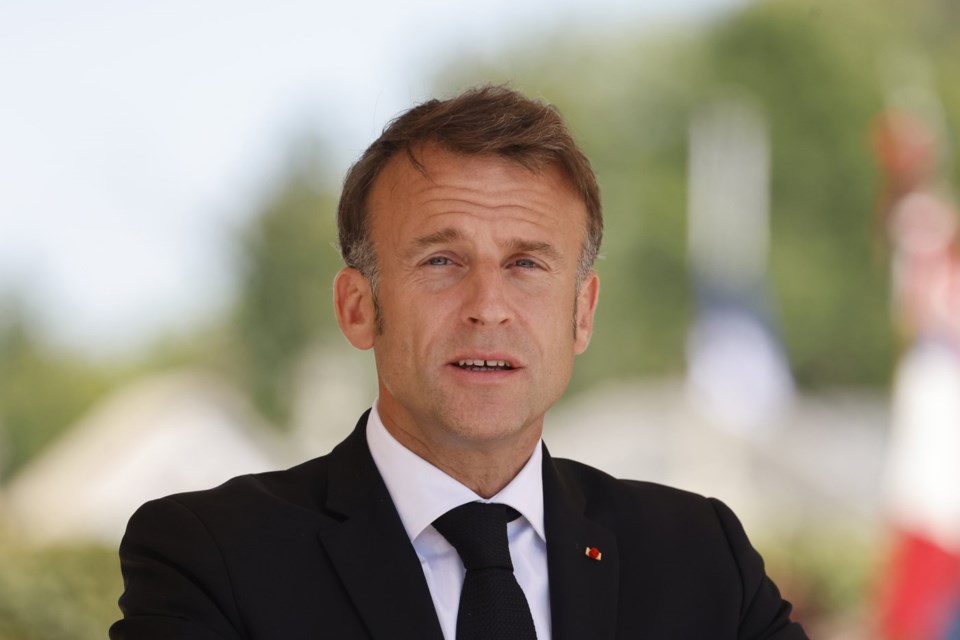Experts say Canada's trade relationship with the European Union isn't necessarily in jeopardy, but there could be some knock-on effects after far-right parties made major election gains over the weekend.
Millions of voters cast ballots for candidates to serve five-year terms at the legislative branch of the 27-member European Union.
The results were so bad for French President Emmanuel Macron’s party that he called a snap election after suffering defeat by the far-right National Rally party. A far-right party in Germany also made gains, and the far-right Freedom Party in Austria saw a narrow win.
Achim Hurrelmann, a political science professor at Carleton University, said the new European Parliament still has a solid centrist majority, and is unlikely to make major moves when it comes to trade agreements.
“Probably, the impact will be relatively limited, because the election is not going to fundamentally transform the composition of the European Commission or the policies pursued by major member states,” Hurrelmann said.
However, he said the election in France throws an extra layer of uncertainty over the ongoing process of ratifying the Canada-EU free trade agreement, or CETA.
The agreement was provisionally put into force in 2017, said Hurrelmann, but needs to be ratified by all the member states because a small portion of the agreement falls under member-state jurisdiction. France is one of the states that has yet to ratify the deal.
“After the election, then the newly formed national assembly will at some point have to decide on the ratification of CETA again,” he said.
Already, in recent years the EU has “become more willing to assert its own interest in international trade policy and has pursued a number of more unilateral autonomous measures,” noted Hurrelmann.
Politics in the West in general have been more defensive as of late, said Jason Langrish, executive director of the Canada Europe Roundtable for Business.
“People are in a sort of anti-trade, anti-globalization, nationalist, defensive stance, at least in the West,” he said.
Langrish doesn’t think the E.U. is likely to make any big moves when it comes to its trade relationship or agreement with Canada.
However, he said, “this does not mean that certain EU member states will not decide unilaterally to do things that are not in keeping with the terms of the trade deal.”
It is possible that some specific EU states could decide to contravene CETA for specific products in order to protect small businesses or domestic industries, said Langrish.
The 27 member states of the European Union are collectively Canada’s second-largest trading partner for goods and services.
In 2023, trade between the bloc and Canada was valued at $158.1 billion.
Among the member countries, Italy represented 1.3 per cent of Canada's total imports in 2023, while Germany represented 2.8 per cent, France 0.8 per cent, and Belgium 0.9 per cent.
— With files from The Associated Press
This report by The Canadian Press was first published June 10, 2024.
Rosa Saba, The Canadian Press



